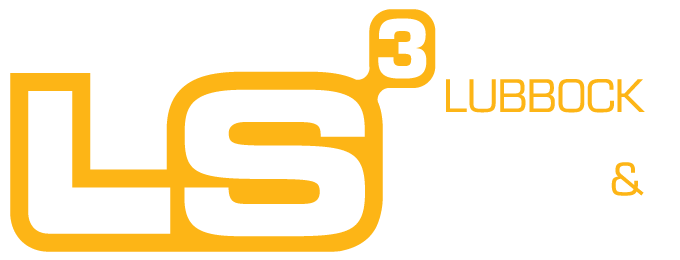In today’s fast-paced business environment, ensuring the safety and security of your business premises is more crucial than ever. Security cameras have become an indispensable tool in safeguarding your assets, employees, and customers. In this blog, we’ll explore exactly how security cameras play a pivotal role in protecting your business.
Understanding the Importance of Security Cameras
Security cameras provide a visual deterrent to potential criminals, significantly reducing the risk of theft and vandalism. Additionally, they offer evidence in case of any incidents, making it easier to resolve disputes and hold perpetrators accountable.
In many incidents, just the sight of a security camera system can deter petty thieves and would-be intruders. Given the sophistication of modern security systems, individuals are less likely to risk illegal activities when they know their actions might be captured on video. Furthermore, the data captured by security cameras is invaluable as it provides clear, irrefutable evidence in cases of dispute or crime. This can be particularly crucial during insurance claims or in legal battles, where every detail counts.
Business owners can rest easy knowing their assets and investments are more secure, thanks to the vigilance provided by comprehensive video surveillance. This not only reassures the employees but also builds trust with customers who appreciate a safe shopping or service environment. The presence of cameras conveys a message of professionalism and readiness to safeguard both company resources and personal safety.
Types of Security Cameras Suitable for Businesses
There are various types of security cameras available, each with its specific features fit for different business needs. From dome cameras to bullet cameras, choosing the right type can make a massive difference in coverage and efficiency.
Dome cameras are particularly popular among businesses for their unobtrusive design and wide coverage angles. These cameras fit seamlessly into any decor while providing high-resolution visuals. Conversely, bullet cameras are often used outdoors due to their long-range clarity and weatherproof casing. They’re ideal for overseeing parking lots or open areas where capturing minute details over distance is crucial.
For businesses needing flexible and mobile monitoring options, wireless security cameras offer significant advantages. These systems are easier to install and relocate as needed, providing an adaptable solution for surveillance. In scenarios where discretion or mobility is paramount, spy cameras can serve well, albeit with consideration for legal and ethical guidelines.
Key Features to Look for in Business Security Cameras
When selecting security cameras, it’s essential to consider features like high-resolution video, night vision, weather resistance, and motion detection. These features enhance the functionality and reliability of the surveillance system.
High-resolution cameras ensure every detail is captured, which is critical in identifying individuals or discerning license plates. Night vision capabilities allow for 24⁄7 monitoring, crucial for businesses open at night or with extensive outdoor premises. Motion detection is another valuable feature that reduces storage needs by recording only relevant footage.
Weather-resistant cameras are essential for outdoor placements, ensuring consistent performance regardless of the elements. For enhanced security, some systems offer two-way audio, enabling direct interaction with individuals on the premises. Business owners can benefit from these advanced features to maintain high standards of security and operational efficiency.
Strategic Placement of Security Cameras
The placement of cameras is critical to their effectiveness. Important areas to cover include entrances and exits, parking lots, and cash handling areas. Strategically placing cameras ensures comprehensive monitoring of key areas.
One of the first steps is to perform a thorough assessment of your property to identify vulnerable areas. Entry points are key locations for security cameras since they record everyone who enters and exits the building. Additionally, parking lots are common crime scenes, hence monitoring them can deter criminal activities.
Inside the premises, focus on areas with high cash flow, such as registers or safes. Additional points include hallways and service areas where inventory is frequently moved. By planning camera placement carefully, owners can build a comprehensive and integrated security strategy.
Integrating Security Cameras with Modern Technology
Integration with smart devices and cloud technology has expanded the capabilities of security cameras. Real-time alerts and remote access provide business owners with critical insights and control over their security systems, no matter where they are.
Utilizing cloud storage allows for seamless data backup and retrieval, ensuring you never lose crucial footage. Additionally, integrating security cameras with smartphone applications enables instant notifications if any suspicious activity is detected. This connected approach provides more robust and responsive security management.
Smart technology can also incorporate artificial intelligence to recognize patterns and alert users of anomalies. This predictive capability not only enhances security but also optimizes resources and response efforts. Through innovative integrations, businesses can maintain an effective yet flexible security system that evolves with changing threats and technologies.
Final Thoughts on Security Cameras for Business Protection
Security cameras are no longer a luxury but a necessity for businesses looking to protect their assets and ensure a safe environment. By strategically implementing surveillance systems, businesses can deter crime, monitor operations, and ultimately, achieve peace of mind.





